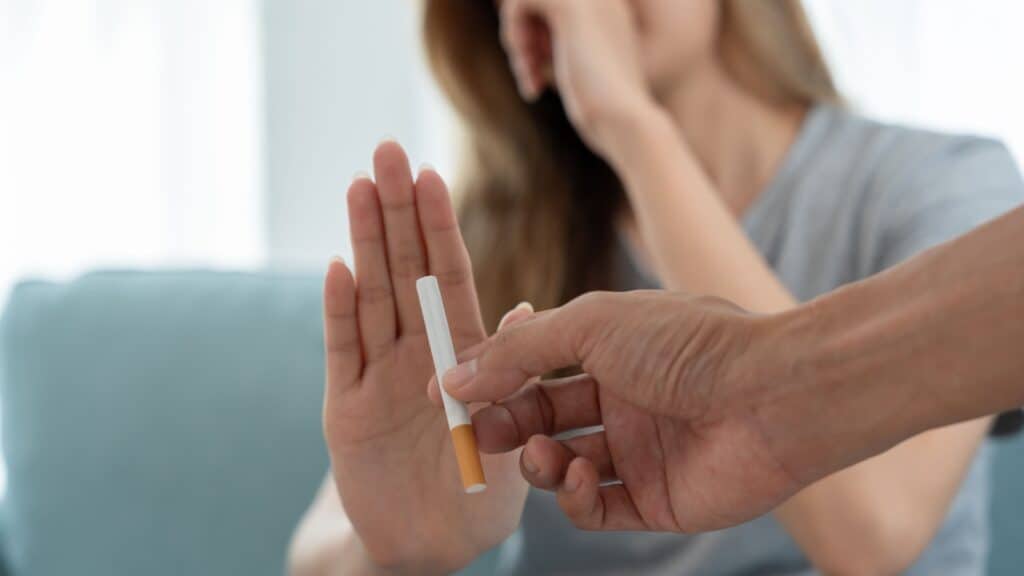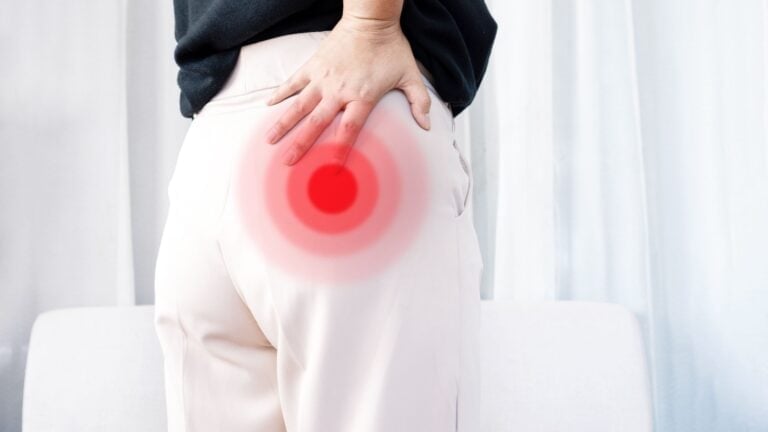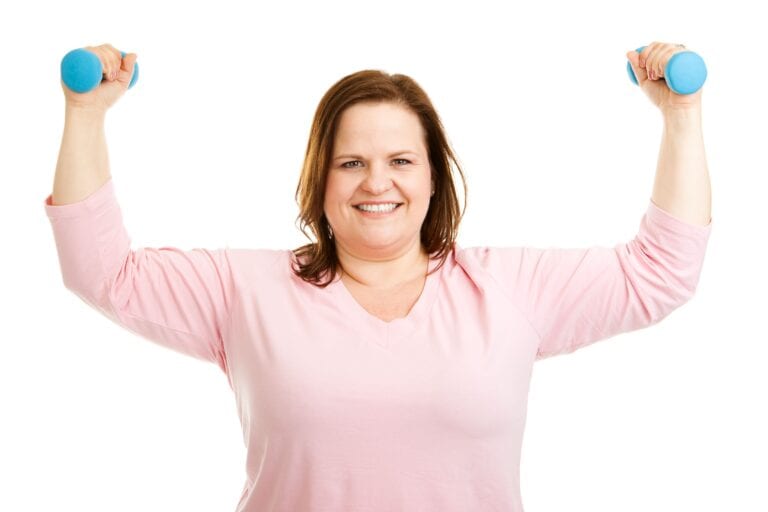10 Reasons Why Women Should Get A Bone Density Test By 65 (or Earlier)
Bone density is an essential indicator of bone health and understanding it can play a crucial role in preventing serious conditions such as osteoporosis. This is particularly relevant for women, who are at a higher risk due to factors like hormonal changes and lower peak bone mass. Regular bone density tests can help detect issues early and support proactive measures to maintain bone health. Here are 10 compelling reasons why women should consider getting their bone density checked.
1. Early Detection of Osteoporosis

Women are four times more likely than men to develop osteoporosis due to hormonal changes and naturally lower bone mass. This makes early detection vital. According to the National Osteoporosis Foundation, a bone density test, often called a DEXA scan, can diagnose osteoporosis before symptoms appear, providing an opportunity to start treatment and prevent fractures. This early intervention can be crucial in maintaining mobility and independence.
2. Identify Risk of Fractures

A bone density test can also help assess the risk of fractures, which is a significant concern for postmenopausal women. The Mayo Clinic points out that women lose bone mass rapidly in the first few years after menopause, making them more prone to fractures even from minor falls or bumps. Understanding this risk allows healthcare providers to suggest targeted strategies, such as strength training exercises and medications, to strengthen bones.
3. Monitor the Effects of Menopause on Bone Health

During menopause, the body undergoes significant hormonal changes that can lead to a loss of bone density. The National Institutes of Health (NIH) highlights that women can lose up to 20% of their bone mass within the first five to seven years of menopause. A bone density test can help track this loss, making it easier to determine if interventions like hormone replacement therapy or increased calcium intake are needed to protect bone health.
4. Assess the Need for Calcium and Vitamin D Supplementation

Harvard Health suggests that calcium and vitamin D play essential roles in bone health, yet many women do not get enough of these nutrients. A bone density test can indicate whether a woman may benefit from supplementation, helping to prevent further bone loss. According to Harvard Health, addressing deficiencies early can strengthen bones and reduce the risk of fractures.
5. Evaluate the Impact of Lifestyle Choices

Smoking, excessive alcohol consumption, and a sedentary lifestyle can negatively affect bone health. The American Academy of Orthopaedic Surgeons (AAOS) states that a bone density test can provide insight into how these lifestyle factors might be impacting bone density. This information can guide women in making healthier choices, such as quitting smoking or engaging in weight-bearing exercises that promote bone strength.
6. Personalized Bone Health Strategies

Each woman’s bone health needs are unique, and bone density testing provides a personalized overview. The Cleveland Clinic explains that results from these tests help healthcare providers develop individualized plans, including exercise recommendations, dietary changes, or medication prescriptions. This personalized approach ensures that each woman’s bone health is optimized based on her specific circumstances.
7. Assess Impact of Certain Medications

Long-term use of certain medications, such as corticosteroids and anticonvulsants, can lead to decreased bone density. The U.S. National Library of Medicine notes that women who take these medications should have regular bone density tests to monitor their bone health. If significant bone loss is detected, healthcare providers may recommend alternative treatments or additional therapies to protect bones.
8. Determine the Success of Osteoporosis Treatments

For women already diagnosed with osteoporosis or osteopenia, bone density tests are crucial for tracking the success of their treatments. The Endocrine Society emphasizes that these tests show whether bone density is improving, stabilizing, or worsening, allowing for necessary adjustments in treatment plans. This ensures that women receive the most effective care for their condition.
9. Evaluate Genetic Predisposition

Women with a family history of osteoporosis or fractures are at a higher risk of developing these conditions themselves. The International Osteoporosis Foundation explains that a bone density test can serve as an early warning for women with a genetic predisposition, enabling them to adopt preventive measures such as increased physical activity or medication early on.
10. Support Healthy Aging

Maintaining bone density is crucial for healthy aging, as low bone density can lead to frailty and increased risk of falls and fractures in older age. The CDC highlights that regular bone density testing helps monitor bone health, allowing for timely interventions that promote mobility and independence in older women.
Conclusion: Take Control of Your Bone Health

Bone density testing is an essential tool for women of all ages, but especially for those at higher risk due to age, family history, or lifestyle factors. By understanding bone density, women can take proactive steps to maintain strong bones, whether through diet, exercise, or medical interventions. Regular testing not only helps detect potential issues early but also provides a roadmap for healthier bones and a better quality of life as women age.
Integrating bone density checks into routine healthcare empowers women to take control of their bone health, minimize risks, and support overall well-being for years to come.
10 Stroke Symptoms Americans Ignore All the Time

Strokes are a leading cause of disability and death in the United States, yet many Americans still overlook critical warning signs. According to the Centers for Disease Control and Prevention (CDC), someone in the U.S. has a stroke every 40 seconds, and it’s estimated that around 800,000 people experience a stroke each year. Early detection and prompt medical treatment are essential, as timely intervention can significantly reduce the risk of severe complications or death. This article highlights 10 often-ignored stroke symptoms and explains why recognizing them is crucial.
READ: 10 Stroke Symptoms Americans Ignore All the Time
10 Early Signs of Dementia That Americans Ignore All the Time

Dementia is a progressive neurological condition that affects millions of Americans, often going unnoticed in its early stages. According to the Centers for Disease Control and Prevention (CDC), dementia is not a single disease but a general term for a decline in cognitive ability severe enough to interfere with daily life. Alzheimer’s disease is the most common cause of dementia, accounting for 60-80% of all cases. Recognizing the warning signs can lead to earlier diagnosis and better outcomes. Here are 10 symptoms that Americans frequently overlook, along with credible sources for further information.
READ: 10 Early Signs of Dementia That Americans Ignore All the Time
Peanut Allergies on the Rise: What Every Parent Needs to Know

Peanut allergies are one of the most common food allergies, especially in children. Approximately 1-2% of the population in Western countries is affected by peanut allergies, with rates appearing to increase over the last few decades. Studies show that in the United States, peanut allergy prevalence among children rose from 0.4% in 1997 to 1.8% in 2010, though the rate of increase may be slowing.
READ: Peanut Allergies on the Rise: What Every Parent Needs to Know
Colorectal Cancer Rising Among Millennials and Gen Z: 5 Essential Ways to Protect Yourself

Colorectal cancer, once considered a disease predominantly affecting older adults, is increasingly being diagnosed in people under 50. This alarming trend has significant implications for Millennials and Gen Z. We explore the factors contributing to this rise and provide five crucial strategies to safeguard your health.
READ: Colorectal Cancer Rising Among Millennials and Gen Z: 5 Essential Ways to Protect Yourself
Why Do Mosquitos Seem To Like Me So Much, and What Can I Do About It?

Have you ever wondered why mosquitoes seem to prefer biting some people over others? Understanding the reasons behind this can help in mitigating their impact. Mosquitoes are attracted to certain individuals due to factors like body odor, carbon dioxide, and body heat. These pests are not just annoying; they can also carry dangerous diseases such as malaria, dengue fever, and Zika virus. In this article, we explore why mosquitoes are drawn to specific people, the health risks they pose, and effective strategies to protect yourself from their bites.
READ: Why Do Mosquitos Seem To Like Me So Much, and What Can I Do About It?
Is There A Link Between Being A ‘Good Girl’ And Autoimmune Disease In Women?

Women Rising®, an 11x award-winning women’s empowerment and media company founded by autoimmune-diagnosed, 15x award-winning documentary filmmaker, Sara Hirsh Bordo, recently released findings from Autoimmunity and the “Good Girls” ™ the first-ever sociological survey exploring the intersection between empowerment and autoimmunity in American women. READ: Is There A Link Between Being A ‘Good Girl’ And Autoimmune Disease In Women?
Join Us

Join us on this empowering journey as we explore, celebrate, and elevate “her story.” The Queen Zone is not just a platform; it’s a community where women from all walks of life can come together, share their experiences, and inspire one another. Welcome to a space where the female experience takes center stage. Sign up for our newsletter so you don’t miss a thing, Queen!







